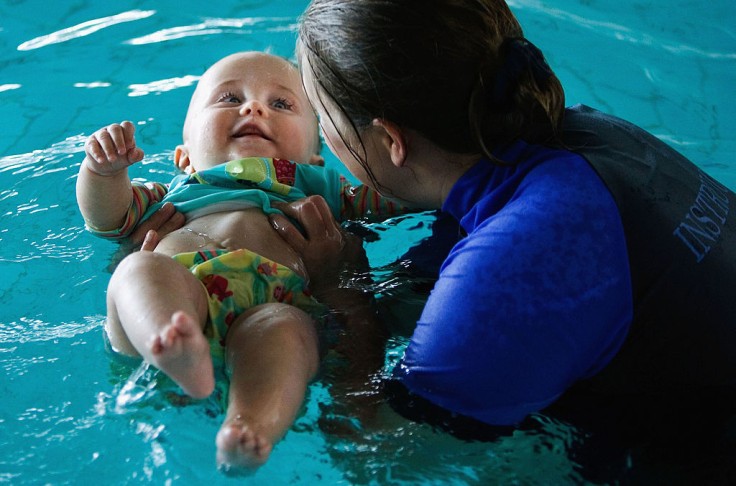
The unfolding of baby milestones is a source of great joy for parents and caregivers, and one particularly heartwarming moment is the baby's first genuine smile. Witnessing a baby's cheerfulness manifest in a smile is truly delightful.
When Do Babies Start To Smile?
Typically occurring between 6 and 8 weeks, babies begin to smile, with the understanding that premature infants might require additional time to reach this significant milestone.
It's fascinating to note that babies may exhibit reflex smiles even before birth, a phenomenon explained by Dr. Mark Gettleman, a pediatrician.
Initially, these smiles are reflexive, similar to other involuntary movements, but soon evolve into intentional, genuine smiles, marking advancements in social, emotional, and visual development, as well as indicating affection.
Around 6 to 12 weeks, babies transition from reflexive to genuine or "real" smiles, responding to stimuli such as a parent's face or a sibling's voice.
The distinction between reflex and genuine smiles lies in their timing, duration, and the emotional expression reflected in the baby's eyes.
Vocal and visual stimulation initially elicit these smiles, later expanding to recognition of familiar faces.
The development of smiling is linked to improved vision, recognition of faces, and the maturation of the baby's brain and nervous system.
Babies begin to understand that their emotions can influence those around them, expressing pleasure, excitement, and contentment through smiles.
In cases where a baby smiles but avoids direct eye contact, it's not uncommon and may be a temporary response to sensory overload.
However, consistent concerns should be discussed with a healthcare provider, especially if the baby doesn't establish prolonged eye contact by 6 months.
To motivate a baby's smile, parents or caregivers can engage in activities such as talking, maintaining eye contact, smiling frequently, and introducing playful interactions.
It's essential to strike a balance to avoid overwhelming the baby with excessive stimulation, as suggested by child psychologist Dr. David Elkind.
As babies gain more smiling experience, they progress to adding sound effects, starting with cooing and eventually leading to giggles.
By 5 months, babies may surprise caregivers with hearty laughs.
While there is variability in the timing of reaching these milestones, if a baby hasn't smiled by 3 months, it's advisable to discuss the matter with a healthcare provider, though delayed milestones are not necessarily indicative of unhappiness or issues.
What To Do If the Baby Doesn't Smile
Concerns about a baby not smiling should generally be alleviated, as babies exhibit different temperaments, much like adults.
According to Goldenring, a baby typically starts smiling at around 3 months, but the absence of frequent smiles doesn't necessarily indicate a problem.
If parents are worried, it's advised to observe the baby's overall engagement with the surroundings.
Regardless of the baby's smiling behavior, by 3 months old , they should be expressing themselves through eye contact and vocalizations, interacting not only with parents but also with other caregivers and even strangers.
If a baby fails to display these behaviors, it's recommended to consult with a pediatrician.
Goldenring emphasizes that concerns about a lack of smiles don't automatically imply autism, as such developmental conditions are typically diagnosed between 18 months and 2 years of age.
The absence of smiles might be attributed to various factors, including potential vision issues or other unidentified concerns.
In any case, if a baby is not smiling or engaging, it's essential to communicate this to the pediatrician for further evaluation.
Related Article: Top 30 Simple Pleasures that Boost Happiness, According to Research